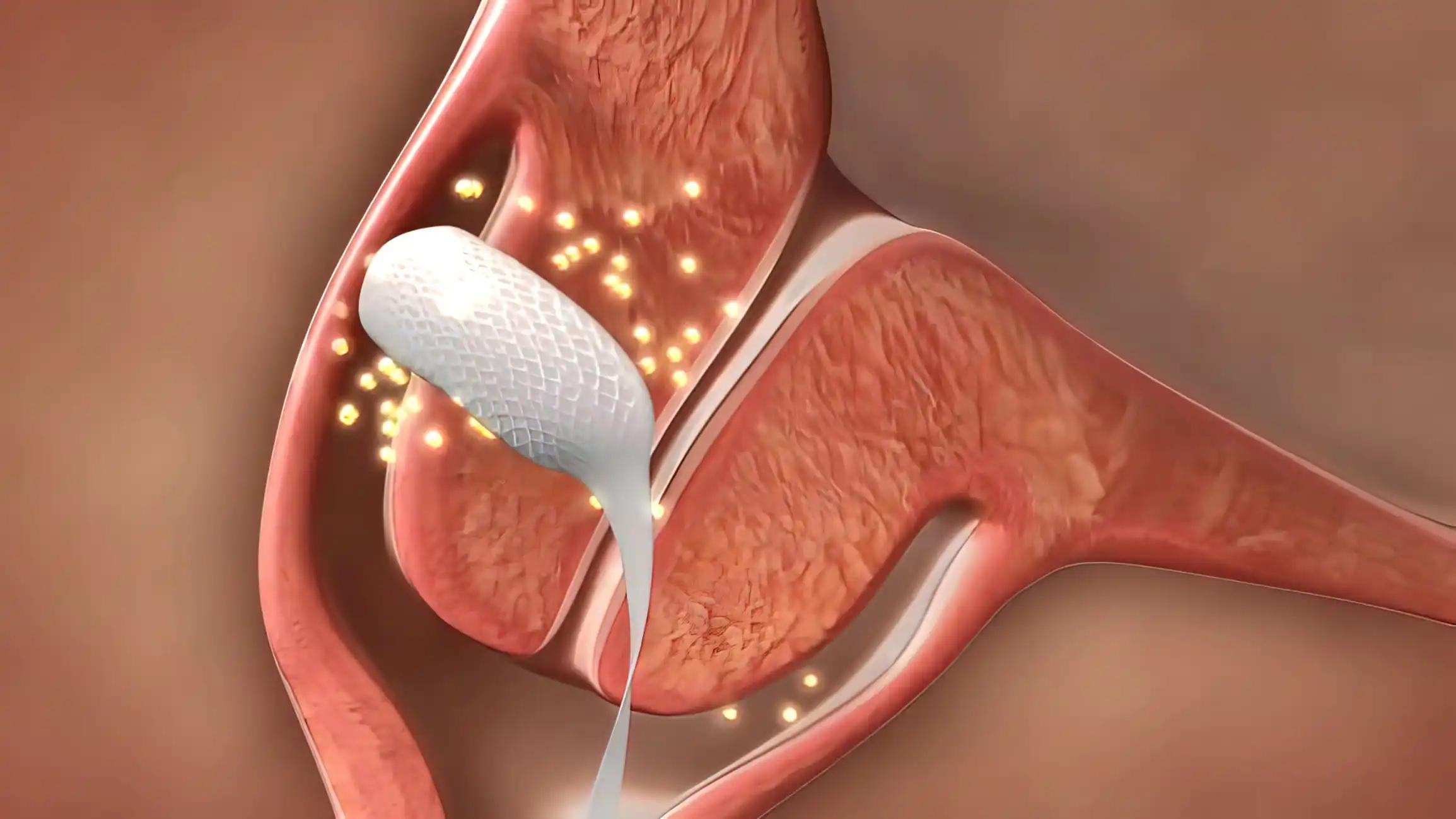KEY TAKEAWAYS
- The SOLO-1 study is a two-arm, randomized, placebo-controlled Phase III study.
- The study aimed to evaluate the effect of Olaparib on PFS in patients with advanced Ovarian Cancer with BRCA mutations but without prior treatments.
- The study’s primary outcome measure was Progression Free Survival (PFS) Using Investigator Assessment.
- Maintenance Olaparib treatment may achieve long-term remission and improve the chances of cure in advanced ovarian cancer patients with BRCA mutations.
- Improvement in OS was not statistically significant, and no new safety indicators were identified.
The Phase III SOLO-1 study aimed to determine whether maintenance therapy with the poly(ADP-ribose) polymerase inhibitor Olaparib would prolong progression-free survival in patients with newly diagnosed advanced ovarian cancer. The patients with BRCA1 and/or BRCA2 (BRCA) mutation were eligible for this study. The study presented overall survival (OS) data after a 7-year follow-up, the longest follow-up for any poly(ADP-ribose) polymerase inhibitor in the first-line setting, and a clinically meaningful time point.
Patients with recently diagnosed advanced ovarian cancer with a BRCA mutation who had responded clinically to platinum-based chemotherapy were randomly assigned to maintenance Olaparib (n = 260) or placebo (n = 131) for up to two years. After a 7-year follow-up, a predetermined descriptive study of OS, a secondary endpoint, was performed.
The median follow-up was 88.9 and 87.4 months, respectively, and the median therapy duration was 24.6 months with Olaparib and 13.9 months with placebo. OS had a hazard ratio of 0.55 (95% confidence interval: 0.40 to 0.76; P =.0004; P .0001 needed to claim statistical significance). At 7 years, 45.3% of patients who had not gotten a first subsequent treatment were still alive compared to 20.6% of placebo patients, and 67.0% of Olaparib patients were still alive based on the Kaplan-Meier estimates. The incidence of acute myeloid leukemia (AML) and myelodysplastic syndrome stayed low, and new primary malignancies were evenly distributed among treatment groups.
The results of the study support that the maintenance Olaparib treatment can be used to achieve long-term remission in patients with newly diagnosed advanced ovarian cancer and a BRCA mutation. The treatment also has the potential to improve the chances of a cure. However, according to predetermined criteria, the improvement in OS with the maintenance of Olaparib was not statistically significant. Additionally, no fresh safety indicators were noticed in this study.
Source: https://ascopubs.org/doi/10.1200/JCO.22.01549?url_ver=Z39.88-2003&rfr_id=ori:rid:crossref.org&rfr_dat=cr_pub%20%200pubmed
Clinical Trial: https://clinicaltrials.gov/ct2/show/NCT01844986
DiSilvestro, P., Banerjee, S., Colombo, N., Scambia, G., Kim, B. G., Oaknin, A., Friedlander, M., Lisyanskaya, A., Floquet, A., Leary, A., Sonke, G. S., Gourley, C., Oza, A., González-Martín, A., Aghajanian, C., Bradley, W., Mathews, C., Liu, J., McNamara, J., Lowe, E. S., … SOLO1 Investigators (2023). Overall Survival With Maintenance Olaparib at a 7-Year Follow-Up in Patients With Newly Diagnosed Advanced Ovarian Cancer and a BRCA Mutation: The SOLO1/GOG 3004 Trial. Journal of clinical oncology : official journal of the American Society of Clinical Oncology, 41(3), 609–617. https://doi.org/10.1200/JCO.22.01549



